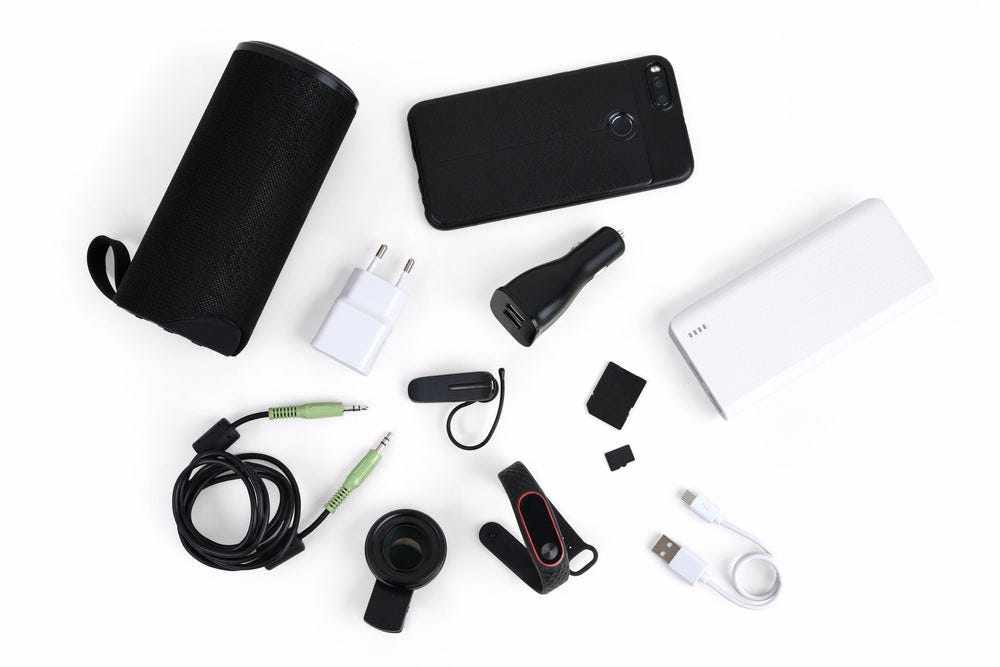
Introduction
Huawei Technologies Co. Ltd., a global leader in information and communications technology (ICT) infrastructure and smart devices, has made significant inroads into the KSA Mobile Phone Accessories Market. Valued is projected to reach USD 3.21 billion by 2030, this market is driven by increasing smart phone penetration and demand for innovative accessories. Huawei, operating in KSA since 2002, leverages its technological expertise and alignment with Saudi Vision 2030 to strengthen its presence in this competitive landscape. This article examines Huawei strategies, emerging innovations, and key developments in the KSA mobile phone accessories market.
Huawei Strategic Approach in the KSA Mobile Phone Accessories Market
1. Alignment with Saudi Vision 2030
Huawei aligns its operations with Saudi Vision 2030, which emphasizes technological advancement and economic diversification. By focusing on ICT solutions and consumer electronics, Huawei supports KSA’s digital economy goals. In the accessories market, Huawei offers products like wireless chargers, earphones, and smart watches that enhance smart phone functionality, catering to KSA’s tech-savvy population and contributing to the nation’s vision of a connected, intelligent world.
2. Competitive Pricing and Broad Accessibility
Huawei adopts a competitive pricing strategy to capture KSA’s diverse consumer base, offering high-quality accessories at accessible price points. Products like the Huawei FreeBuds and Huawei Supercharge accessories provide premium features comparable to competitors like Samsung and Apple but at lower costs. This approach appeals to budget-conscious consumers and strengthens Huawei market share, which reached 10.04% in the KSA mobile market as of March 2023.
3. Ecosystem-Driven Innovation
Huawei “1+8+N” ecosystem strategy integrates accessories with smartphones, tablets, and other devices, creating a seamless user experience. Accessories like the Huawei Watch GT and Free Clip earphones connect via Huawei HarmonyOS, offering features like health monitoring and AI-driven audio optimization. This ecosystem approach enhances customer loyalty and positions Huawei as a lifestyle brand in KSA, where consumers increasingly seek interconnected devices.
4. Robust Distribution and Partnerships
Huawei employs an omni-channel distribution model, combining e-commerce platforms, authorized retail stores, and partnerships with local telecom operators like Zain KSA. Collaborations with retailers such as Jarir Bookstore and e-commerce platforms ensure wide accessibility. Additionally, Huawei enterprise partnerships, such as with Zain KSA for cloud and AI solutions, indirectly boost its consumer accessory visibility by reinforcing brand trust.
Emerging Innovations in Huawei Accessory Offerings
1. AI-Enhanced Accessories
Huawei integrates artificial intelligence (AI) into its accessories to meet KSA’s demand for smart, user-centric products. For example, the Huawei FreeBuds Pro features AI-driven noise cancellation that adapts to environmental conditions, ideal for KSA’s bustling urban settings. Huawei advancements in AI, supported by its global R&D investment of over 10% of annual revenue, enable cost-effective, high-performance accessories that differentiate the brand in a competitive market.
2. Wireless and Fast-Charging Technologies
Huawei leads in fast-charging and wireless accessory innovations, addressing KSA consumers’ need for convenience. The Huawei Supercharge Wireless Charger supports up to 50W charging, complementing Huawei smartphones and catering to the market’s shift toward wireless solutions. These innovations align with global trends in fast-charging adoption, driven by smart phone manufacturers’ advancements, and enhance Huawei appeal in KSA’s tech-forward market.
3. Sustainable Accessory Solutions
Huawei is responding to KSA’s growing focus on sustainability by developing eco-friendly accessories. Products like energy-efficient chargers and recyclable packaging reduce environmental impact, appealing to environmentally conscious consumers. Huawei sustainability efforts align with regional trends, where 30% of consumers prefer brands prioritizing green practices, positioning the company as a responsible market player.
4. Health and Fitness Integration
Huawei accessories, such as the Huawei Watch Fit and Band 8, incorporate advanced health-monitoring features like SpO2 tracking and stress analysis, catering to KSA’s health-conscious consumers. These wearables leverage Huawei expertise in sensors and AI, offering functionalities that rival premium competitors. The growing popularity of fitness trackers in KSA, driven by lifestyle changes, presents a significant opportunity for Huawei accessory portfolio.
Key Developments in KSA Market Expansion
1. Investment in Local Infrastructure
Huawei has deepened its commitment to KSA through significant investments ledge over five years for the Huawei Cloud Riyadh Region, launched in 2023. While primarily focused on cloud services, this investment enhances Huawei brand visibility and supports its consumer accessory market by fostering digital infrastructure that enables smart device integration. The cloud region also supports AI applications, indirectly benefiting AI-driven accessories.
2. Regional Headquarters and Partnerships
In 2023, Huawei upgraded its KSA presence to a regional headquarters for the Middle East and North Africa, complying with KSA’s Regional Headquarters Program. This move strengthens Huawei ability to tailor accessories to regional preferences and forge partnerships with local entities like Zain KSA and Dawiyat Integrated Telecommunications. These collaborations enhance distribution and brand trust, driving accessory sales.
3. Workforce and Ecosystem Development
Huawei is training 500,000 developers and supporting 2,000 startups in KSA over five years, fostering a local tech ecosystem that supports accessory innovation. Initiatives like the Huawei Cloud Entrepreneurship Program encourage developers to create apps compatible with Huawei accessories, enhancing their functionality and market relevance. These efforts align with KSA’s goal of building a skilled ICT workforce.
4. Smart WiFi-7 Service Launch
In April 2025, Huawei partnered with King Abdullah Financial District (KAFD) to launch Saudi Arabia’s first Smart WiFi-7 service, boosting connectivity in Riyadh. While focused on infrastructure, this development enhances the performance of Huawei wireless accessories, such as earphones and smart watches, by enabling faster, more reliable connections, thus improving user experience in KSA’s smart city initiatives.
Challenges and Opportunities
Challenges
· Market Saturation: The KSA accessories market is highly competitive, with players like Samsung, Apple, and Xiaomi vying for share. Huawei must continuously innovate to stand out.
· Geopolitical Tensions: Huawei faces scrutiny due to global trade restrictions, which could impact supply chains and consumer perception in KSA.
· Compatibility Issues: Ensuring accessories work seamlessly with non-Huawei devices requires ongoing R&D investment, given KSA’s diverse smart phone ecosystem.
Opportunities
· Market Growth: The projected growth to USD 3.21 billion by 2030 offers Huawei opportunities to expand its accessory portfolio and capture a larger share.
· Digital Economy: KSA’s focus on digital transformation creates demand for smart, AI-driven accessories, where Huawei excels.
· Emerging Technologies: Trends like 5G and AI integration provide avenues for Huawei to introduce innovative accessories, such as AR-enabled wearable, to meet evolving consumer needs.
Conclusion
Huawei Technologies Co. Ltd. has strategically positioned itself in the KSA mobile phone accessories market through alignment with Saudi Vision 2030, competitive pricing, ecosystem-driven innovation, and robust distribution. Its focus on AI-enhanced accessories, wireless charging, sustainable solutions, and health-focused wearable addresses KSA’s consumer demands and market trends. Key developments, including investments in cloud infrastructure, regional headquarters, workforce training, and WiFi-7 services, underscore Huawei commitment to KSA’s digital economy. Despite challenges like market saturation and geopolitical tensions, Huawei innovation and strategic partnerships position it to capitalize on the KSA market’s growth, reinforcing its role as a global ICT leader and a key player in the region’s accessory landscape.

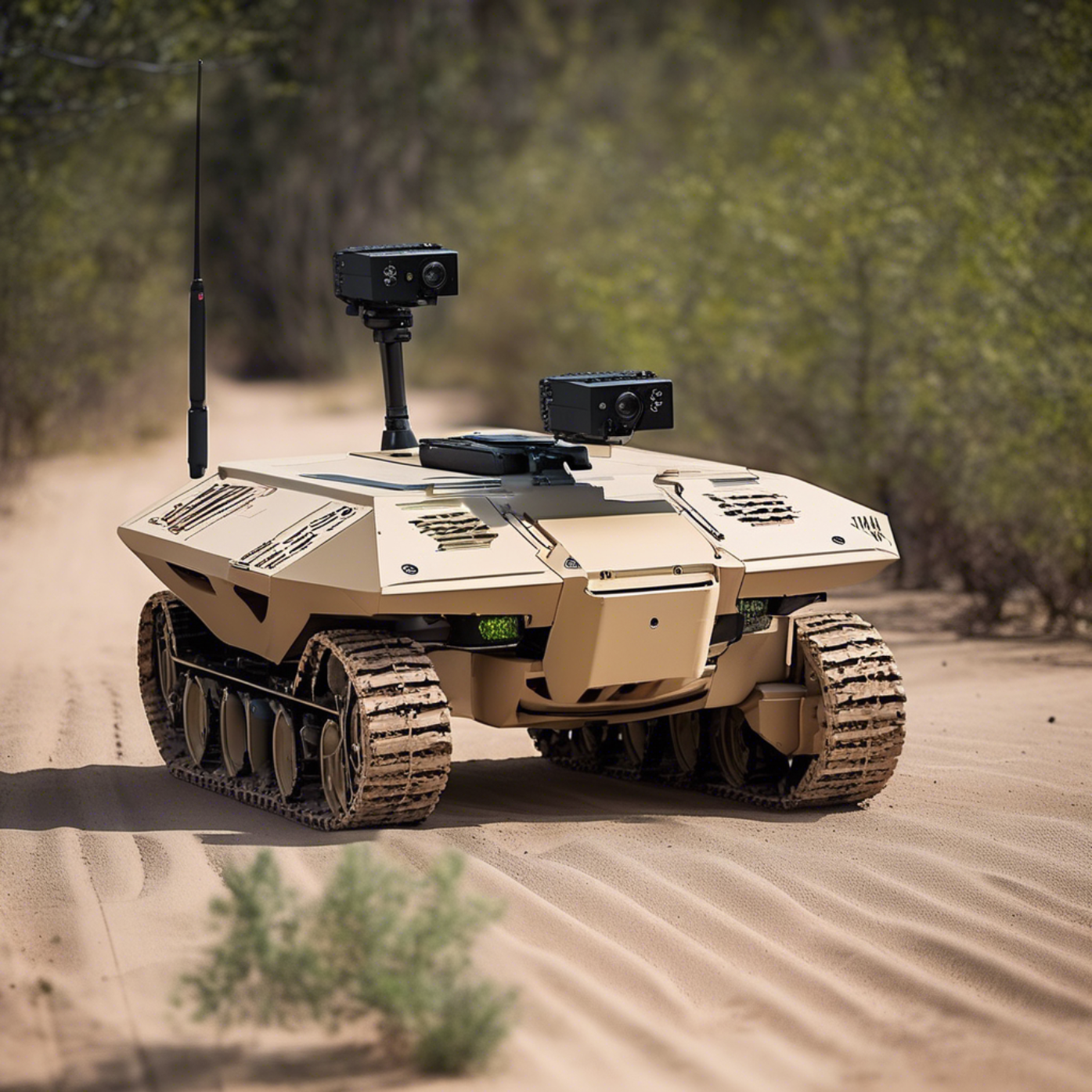
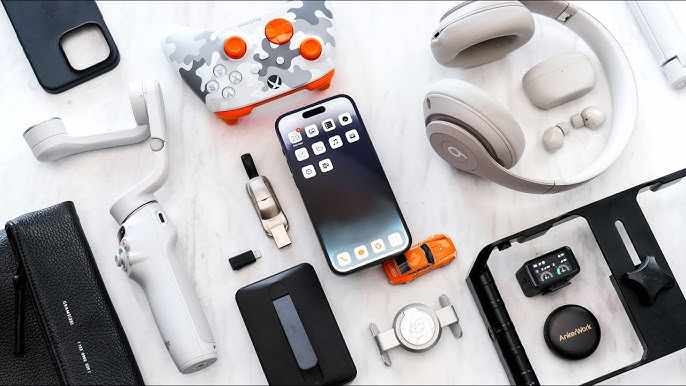



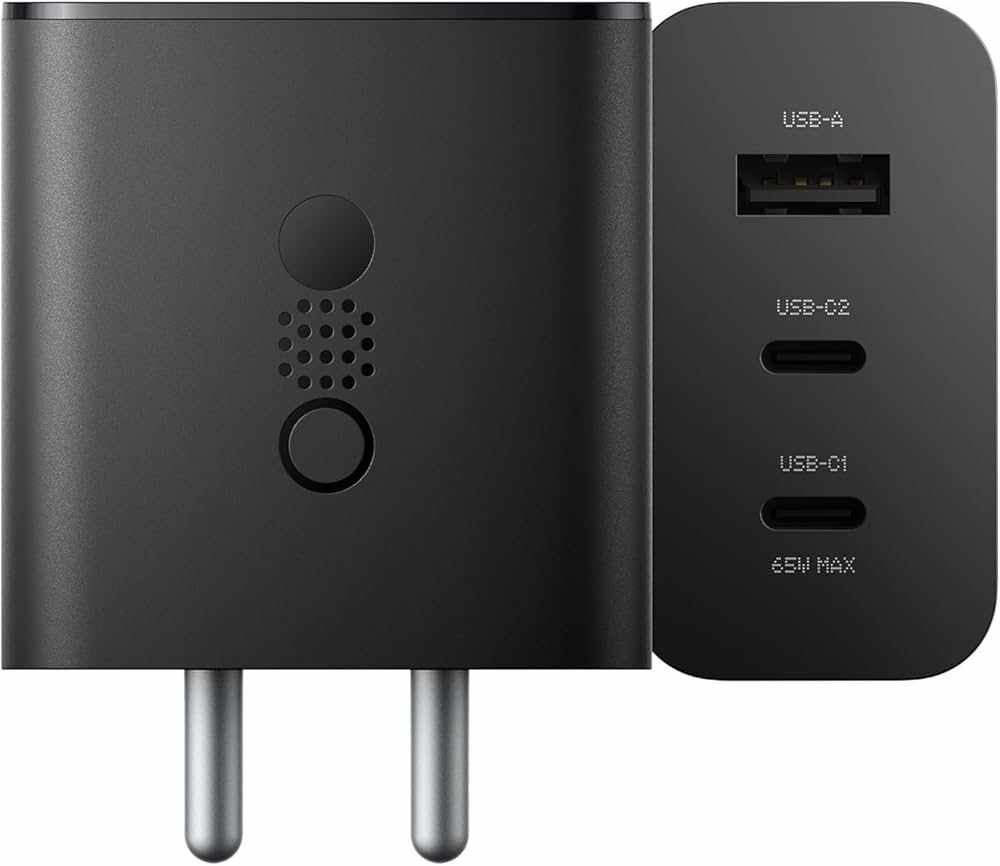


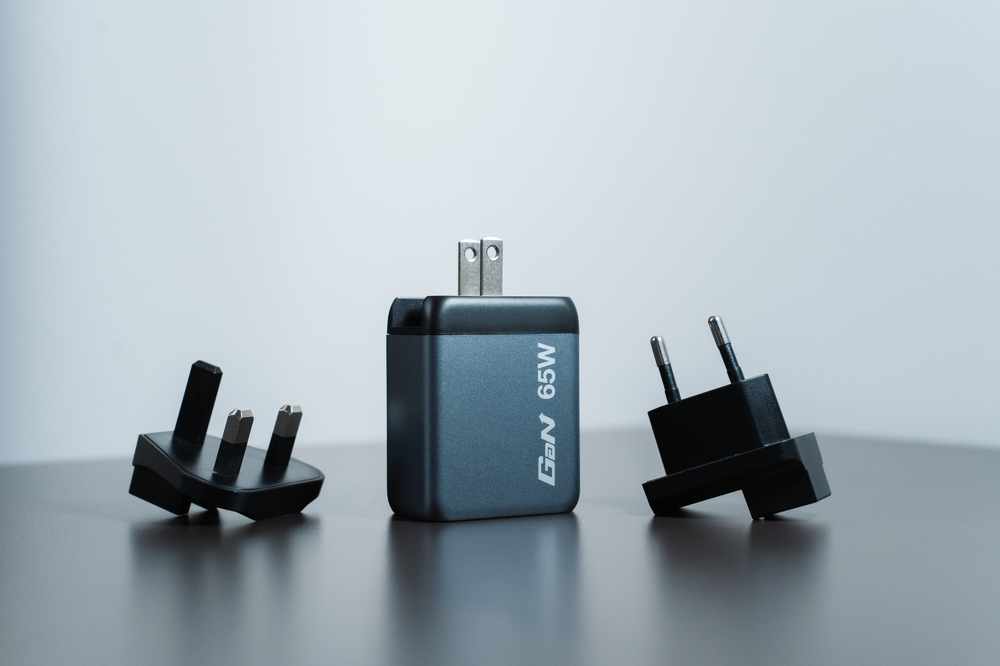
Write a comment ...